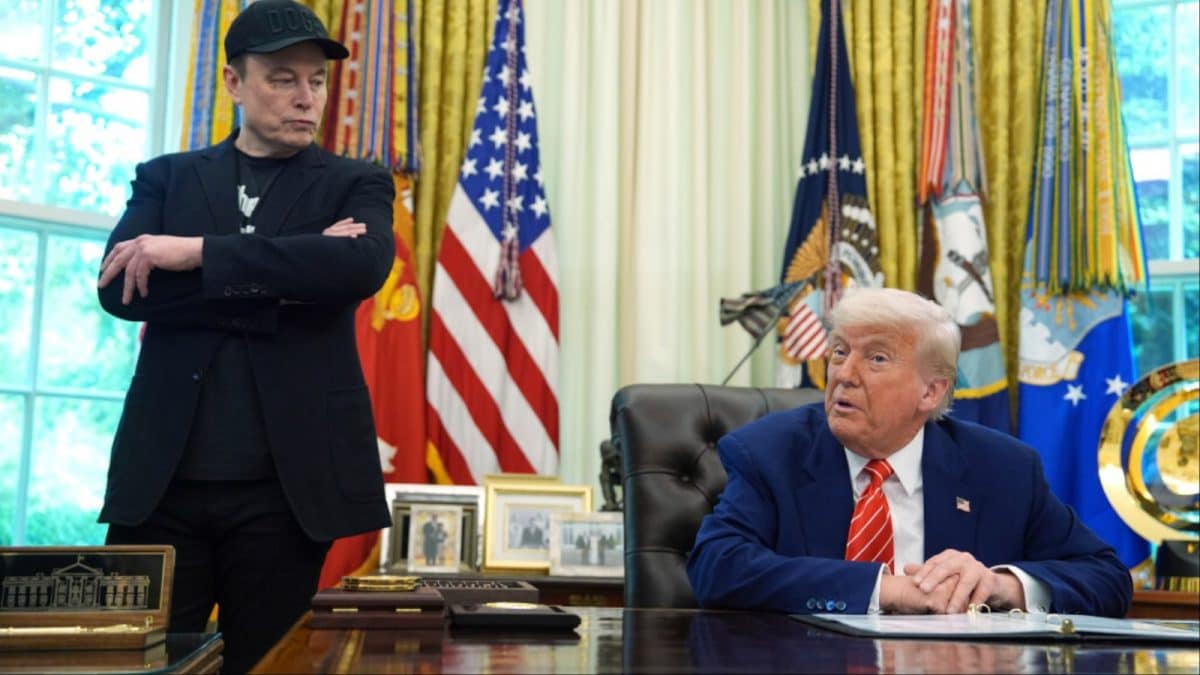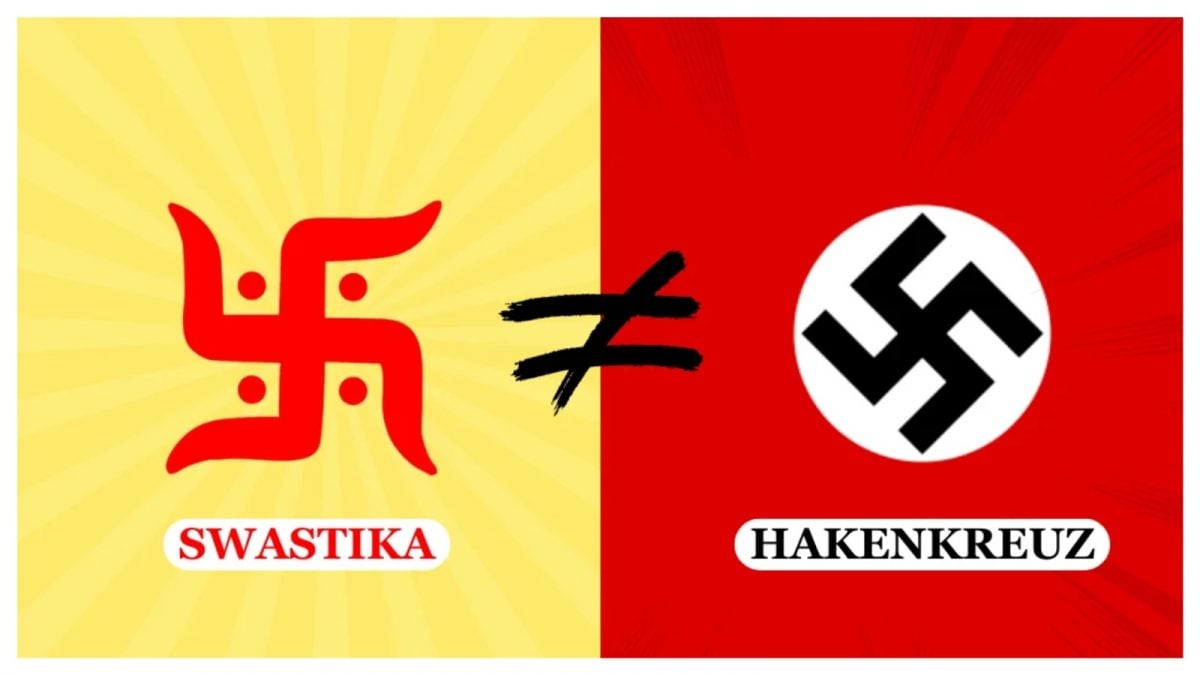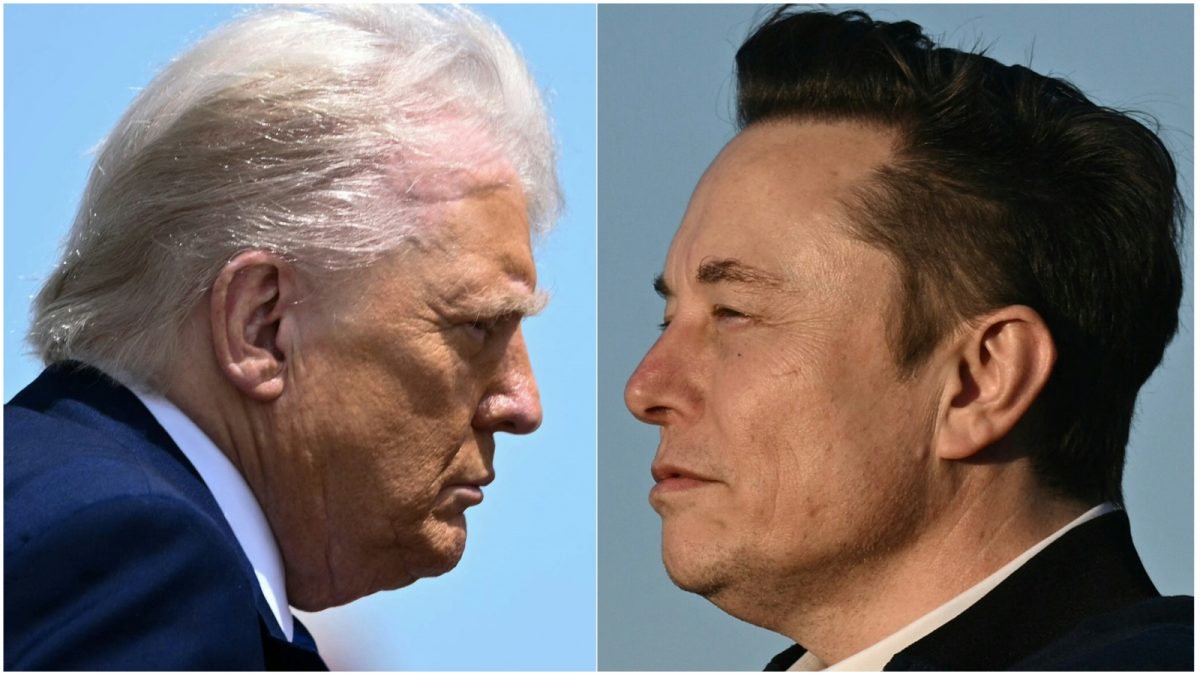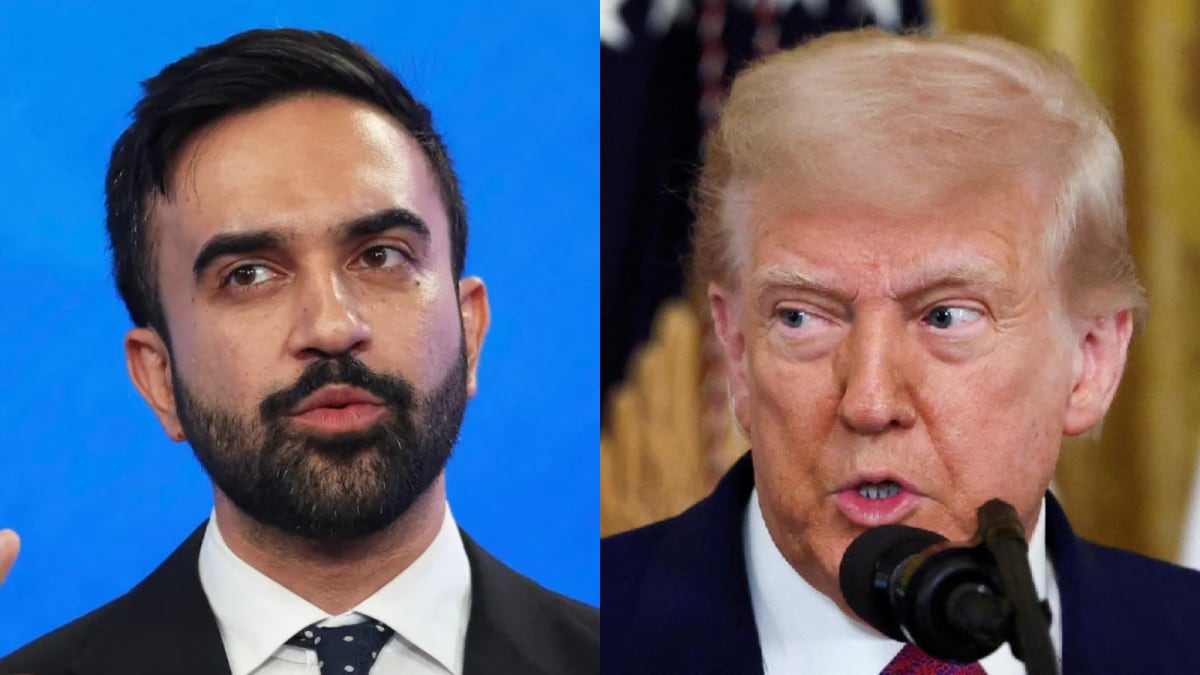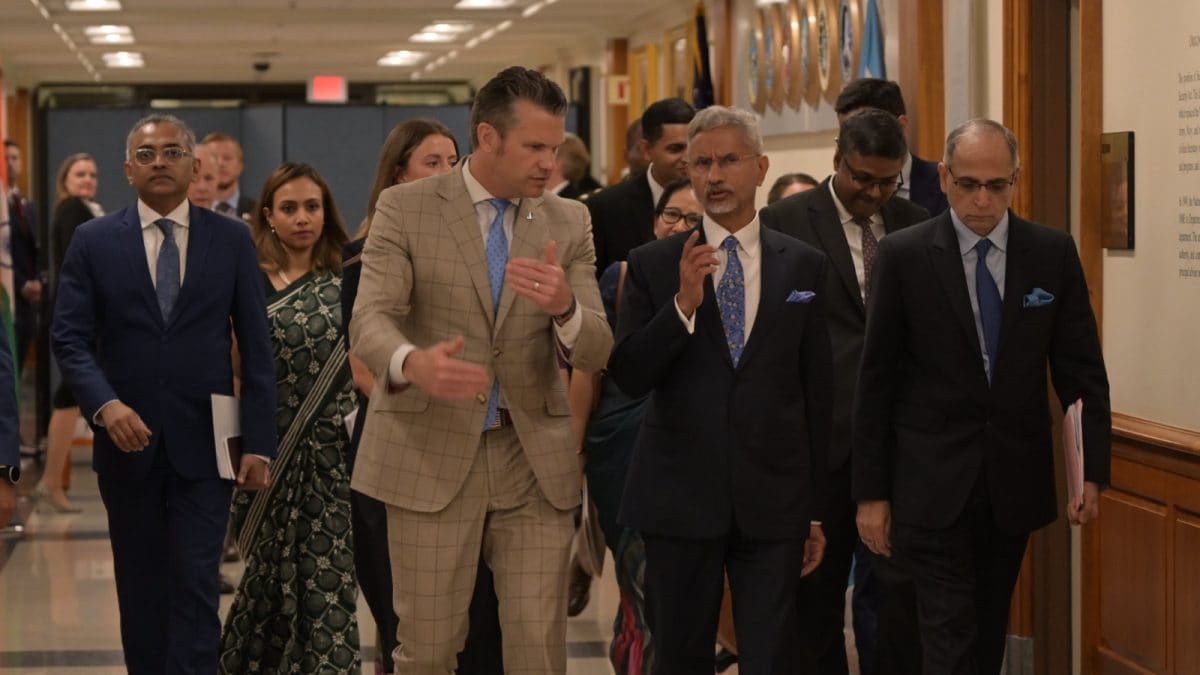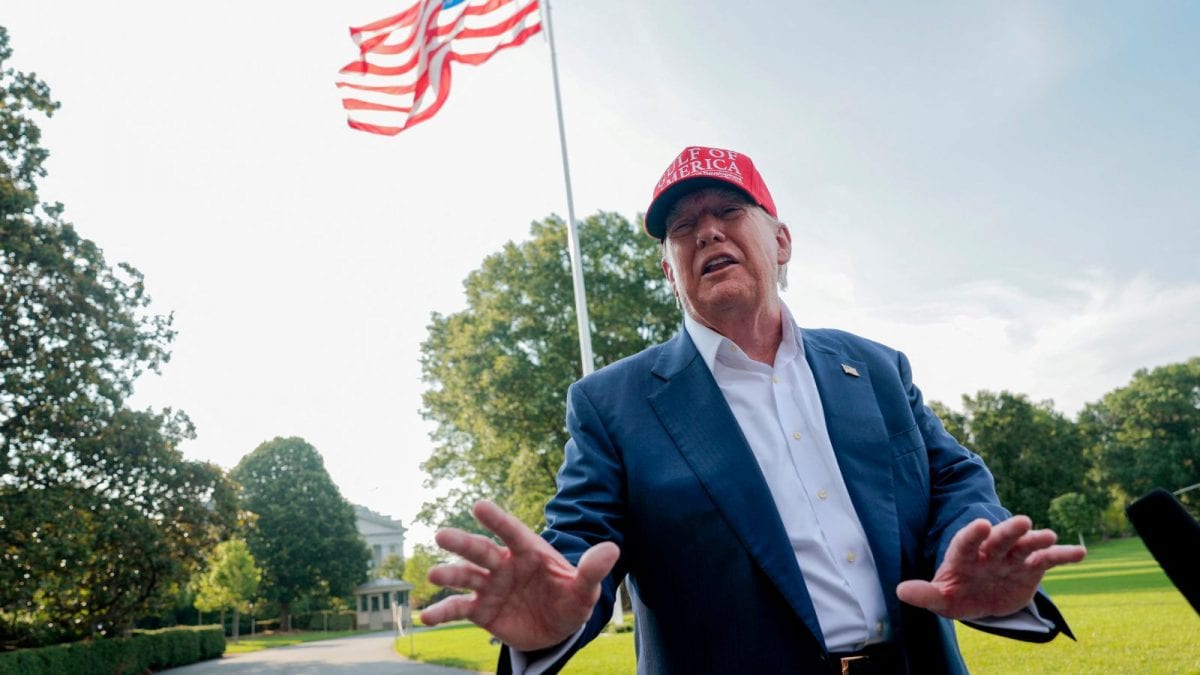Even as Pakistan is firing missiles and drones at Indian civilian and military infrastructure, the "establishment" of the almost-broke nation might be shooting itself in the foot. With a crucial IMF review meeting on loans to Pakistan today, Islamabad's war drums may drown out the jingle of the much-needed money.

Pakistan, led by the hybrid regime of PM Shahbaz Sharif and army chief Asim Munir, is set to undergo an assessment of its financial situation during a key IMF meeting in Washington on Friday. (Image: Generative AI)
Pakistan's attacks on Indian civilian and military sites could end up hurting it more than its perceived enemy, India, because of the timing. Pakistan is surviving on doles and loans, and faces review at a crucial meeting of the Monetary Fund (IMF) on May 9 on its 7-billion-dollar bailout programme. A military crisis is inimical to a country's economy, even one that's tattered, and the IMF is bound to factor that in.
In today's meeting, the IMF board will review Pakistan's financing facilities to decide on the funding, and India has made it clear that it will ask the agency to reconsider its bailout package. This was stated by Foreign Secretary Vikram Misri on May 8 as he briefed the media on the attacks on Indian territory by Pakistan.
Pakistan's loans stand at USD 6.2 billion as of March 31, 2025, according to the IMF website. Islamabad has availed loans 25 times since becoming a member in 1950, according to the IMF. Since Pakistan became its member, the World Bank has provided over USD 48 billion in assistance to it, according to the multilateral agency's website.
Pakistan has been teetering on the brink of bankruptcy, and surviving on handouts from countries like China, Saudi Arabia and Qatar, and from international agencies like the IMF and the World Bank. Its external foreign debt stood at a staggering USD 130 billion in 2024.
In January, Pakistan agreed to a 10-year plan with the World Bank for 20-billion-dollars worth of loans, news agency Reuters reported.
Democracy has been suppressed by the military establishment headed by Army chief General Asim Munir, who stagemanaged then Prime Minister Imran Khan's ouster and propped up Shehbaz Sharif as the PM. Munir also has his fingers in the economic pie with dozens of Fauji commercial projects, run by the military.
World Bank President Sanjay Banga met Indian Prime Minister Narendra Modi and Finance Minister Nirmala Sitharaman on May 8 and said the agency wouldn't interfere in the Indus Waters Treaty that New Delhi has put in abeyance.
India suspended the water-sharing treaty, brokered by the World Bank in 1961, with Pakistan after the April 22 Pahalgam terror attacks. Pakistani and Pakistan-trained terrorists killed 26 people in Pahalgam in one of the deadliest attacks on civilians in Kashmir.
Pakistan keeps its focus intact on its-favourite export -- terrorism -- even as its economy flounders, and people suffer.
Due to chronic trade deficit, low tax earnings and high public debt, Pakistan's economy has been in a crisis zone for several years now. Add to that the high budgetary allocation for defence because of the anti-India obsession.
Pakistanis have been reeling from high unemployment rates, inflation and low growth, and young professionals are fleeing the country in record numbers.
The world has taken note of Pakistan's duplicity, with the US Secretary of State asking its Prime Minister, Shehbaz Sharif, to take concrete steps to end support to terror groups.
India has highlighted that it targeted only terror camps inside Pakistan and Pakistan-Occupied Kashmir (POK) as part of Operation Sindoor, didn't hit any military infrastructure and avoided civilian collateral damage with the use of precision ammunition. However, Pakistan escalated the standoff by striking military and civilian areas with drones and missiles. The attacks were repulsed by India.
Intense Pakistani shellings from across the LoC and Border have killed 18 Indians and injured over 50 in the last 15 days.
On the eve of the IMF review meeting in Washington, Vikram Misri spoke about Pakistan's escalation and said that India would take this up.
"We have an executive director at the IMF. Tomorrow [May 9] there is a meeting of the board of the IMF, and I am sure that our Executive Director will put forward India's position," said Misri.
"I think the case with regard to Pakistan should be self-evident to those people who generously open their pockets to bail out this country...," he added.
Moneylenders all across the world are interested in the money they have loaned, and Pakistan doesn't qualify as an ideal borrower.
Pakistan was expected to receive USD 2 billion immediately after the IMF review. However, by escalating the standoff to a war-like situation by targeting India's military and civilian areas, Pakistan might have committed a suicide attack on itself. Even if it manages to get this tranche of loan, it might find fewer financiers, given its propensity to hit the military button.
Published By:
Sushim Mukul
Published On:
May 9, 2025
Tune In

 1 month ago
1 month ago

